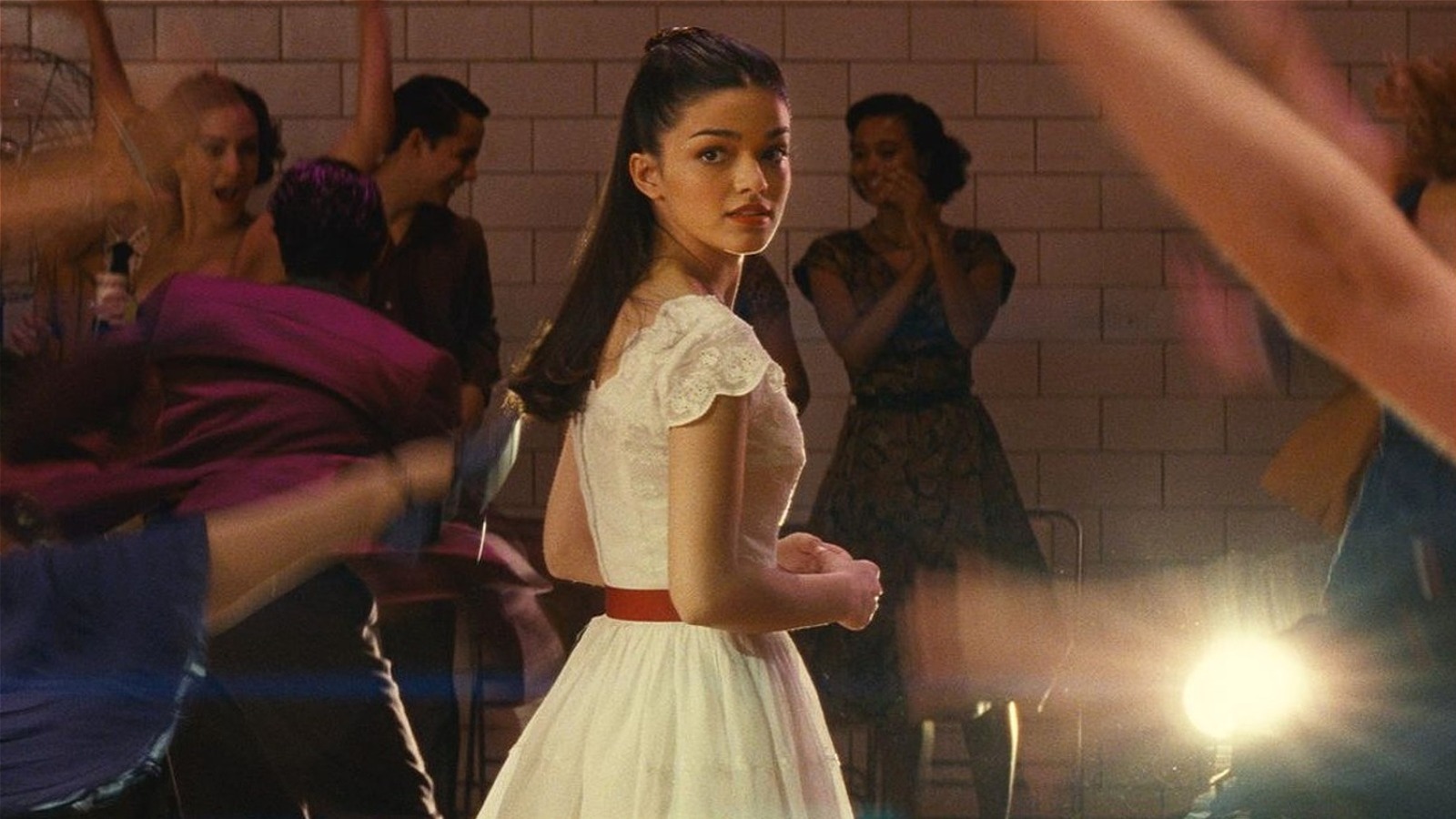 |
| At least he's wearing plenty of flair. (Photo courtesy of Deep Dish Creative) |
Terror Waiter was a young man who worked at the Hungry I on Boston’s Beacon Hill when I visited a few years back, on a busy weekend night when he was obviously hating his job, the patrons, and life in general. Our evening started badly at square one: I pointed out that my charger was food-spattered and asked him if he could replace it; he whisked it away with a look on his face like I had just loudly broken wind. I watched him serve a woman coffee who then pointed out that she had ordered tea; he responded by dumping the coffee into an empty salad bowl on the table, pouring hot water into the just-emptied cup, and flinging a teabag next to it. No dish was served without a slam; every request was met with an eye-rolling sneer.
He was basically a miserable, nasty bastard to everyone in the room, to the point where some customers seemed genuinely afraid of him, while the rest of us wavered between bemused incredulity and outrage. I was seething at first, but wanting to salvage something of Date Night, decided to laugh it off, make a game of noting to my companion how brutally awful this waiter was. We marveled at how someone whose job title was “server” could provide what was effectively the opposite of service. But ultimately I was really unhappy, to the point where I wrote a letter to the chef/owner documenting our evening of service horrors, and vowing to never return -- a promise I have kept.
Everyone in the industry has a bad night now and again -- maybe our server’s dog had died, or he was suffering from massive hemorrhoidal flare-up, or he’d just gotten dumped -- but he was unforgettably, excruciatingly inhospitable. It’s too bad: I had been a big fan of the Hungry I’s country French cuisine, found the atmosphere quaint and romantic, and particularly loved Sunday brunch in its tiny interior courtyard. But some service experiences are so terrible that they ruin a place for you forever, and I imagine my recounting this story over the years has steered many friends away, too.
That said, most of my service experiences are pretty good: Americans enjoy some of the best restaurant service in the world, and the majority of our servers are professional, well-trained, and well-meaning. If you’ve ever spent any time working as a waiter or bartender as I have, you know that it’s really, really hard work for scant wages ($2.63/hour in Massachusetts, far less than the minimum wage of $8.00) plus tips. And in any restaurant meal that doesn’t turn out well, the customer is frequently complicit, as outlined in this hilarious post from Steve Dublanica’s peerless Waiter Rant blog: “50 Signs You Might Be An [Impolite] Customer.”
The best way you can help your servers maximize your enjoyment of your meal is to communicate clearly with them. This includes complaining about kitchen mistakes (like the wrong order, or an underdone steak) right away, while they can be fixed in a timely fashion. This is why a good server always checks back with your table a couple of minutes after serving a course: to give you a chance to do exactly this.
Sometimes, though, a server does screw up badly in ways that can’t be blamed on the kitchen or the pressures of serving a big section full of demanding customers. If you have serious problems that you attribute to the server’s lack of professionalism, attentiveness, or commitment to hospitality, have a word with the manager after your meal is over. If you have business clients or other guests you’d rather spare this spectacle and its potential accompanying drama, make a follow-up phone call to management the next day. Don’t do this to solicit compensation, but because you believe a well-managed place will work to address this issue with its staff and strive to make your next experience better. (If the manager doesn’t think you’re just an abusive or exploitive customer, he or she will often offer some kind of comp anyway.)
In the end, try to remember that your servers are human beings with high-stress jobs who must deal with a public that is not always on its own best behavior. Don’t penalize them for mistakes the kitchen made. Tip generously when service is good: you might be surprised at how small the difference is over the course of a year between being a barely-adequate tipper and a magnanimous one. Be grateful that when you have a workday when you’re not at your shiny best, it’s usually not reflected directly in your compensation. And consider that it always could be worse: you could have gotten Terror Waiter.




